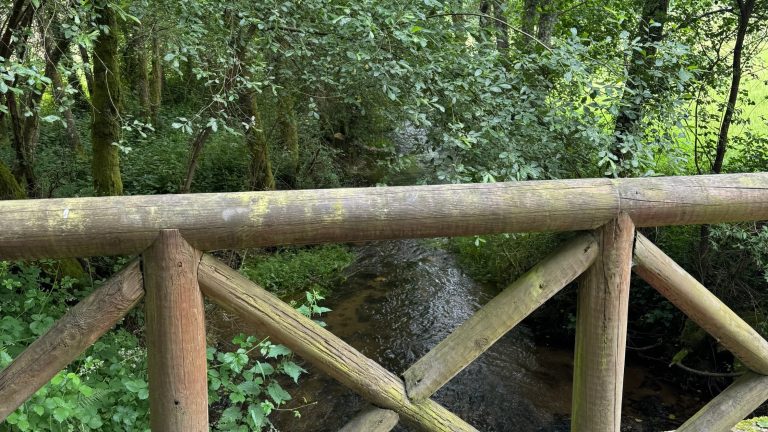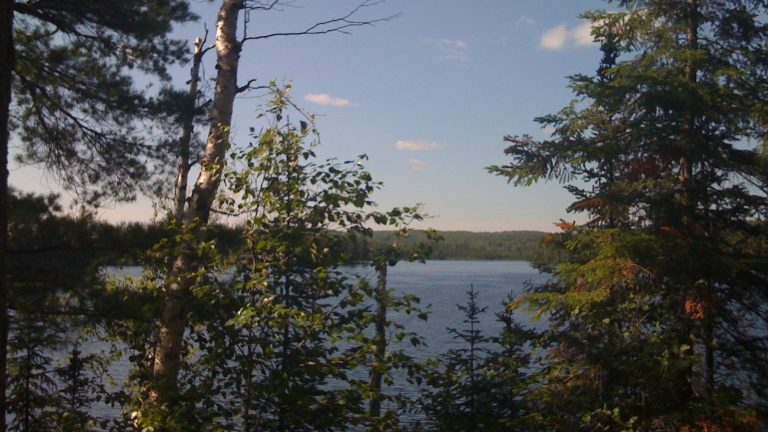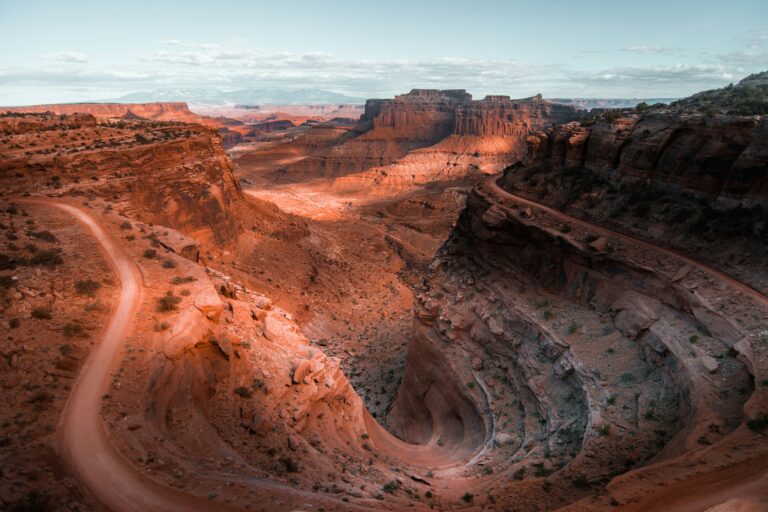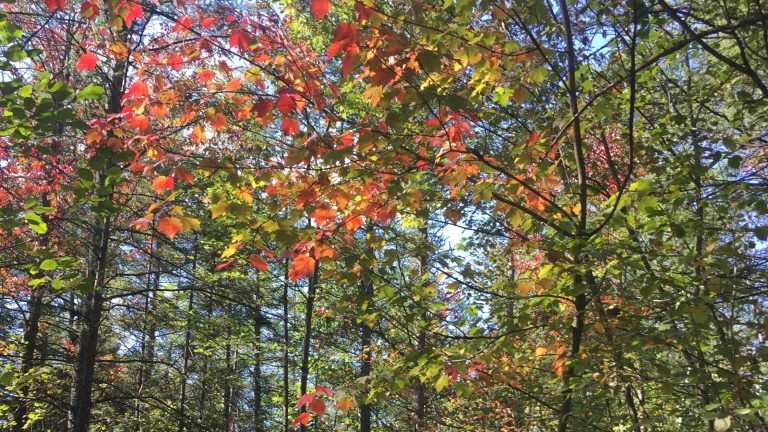The Arches Visitor Center is open year-round, but hours vary. From March to October, it’s open from 8 AM to 5 PM. From November to February, it’s open from 9 AM to 4 PM. It’s closed on December 25 and major holidays.
At Arches National Park, the entrance fee is $30 for a private vehicle, $25 for a motorcycle, and $15 per person. Annual passes are available through the America the Beautiful program. Timed entry tickets, which include a $2 reservation fee, are required during peak seasons.
From Moab: Drive north on US-191 for 5 miles to park entrance. From I-70: Exit onto US-191 S and follow signs. Nearest major airports: Grand Junction (110 mi), Salt Lake City (230 mi). Shuttle and tour services are available from Moab and surrounding areas.
At Arches National Park, parking lots include Devils Garden (160 spaces, 10 oversized), The Windows Section (92 spaces, 4 oversized), and Wolfe Ranch (limited oversize parking). Oversized parking is available but limited. No overnight parking; no additional parking fees beyond entrance fee. Motorcycles can use regular spaces.
Accessibility & permits
Emergency
- Cell service availability:Partial
Information not accurate?
Help us improve by making a suggestion.
Red Rock Wonders: A Landscape of Over 2,000 Natural Arches and Endless Adventure
Just outside Moab, Utah, Arches National Park dazzles visitors with more than 2,000 natural stone arches, towering spires, and dramatic desert landscapes carved by time and erosion. Part of Utah’s famed “Mighty 5,” Arches offers unforgettable hiking, photography, and stargazing opportunities, from sunrise at Delicate Arch to nighttime skies filled with stars. Whether you’re camping in Devils Garden or driving the scenic park road, Arches is an otherworldly escape for explorers of all kinds.
- Area (mi²)
- 119
- Annual visitors
- 1 800 000
- Established year
- 1929
Top 3 Facts about Arches National Park
Landscape Arch, the longest natural arch, spans 306 feet (93.3 meters) across, with its narrowest point being only six feet thick. This gravity-defying ribbon of rock is a remarkable feature in the Devil’s Garden section.
Part of Utah’s “Mighty 5” and just minutes from Moab, a hub for outdoor adventure.
Receives over one million visitors annually and is a top stargazing destination in the U.S.
Family programs
- Junior Ranger
- Ranger-led Tours
- Workshops & Hands-on Activities
- Scavenger Hunts
- Night Sky & Astronomy
- Family Camping & Overnight
- Volunteer & Stewardship
- Youth Conservation
- Scouting Partnerships
Travel Tips
Plan Ahead
Book campground reservations early, especially for peak spring/fall dates. Arrive early for parking at popular sites like Delicate Arch.
Pack Appropriately
Wear layers for cool mornings and hot afternoons; bring sturdy shoes, a sun hat, and plenty of water.
Respect Wildlife
Remain on trails and keep a safe distance from wildlife; preserve cryptobiotic soil and desert habitats.
Stay Informed
Check the NPS website or visitor center for real-time weather, road closures, trail status, and permit updates.
Seasons
Arches National Park dazzles with vibrant colors as wildflowers blanket the desert landscape, making it a prime season for photography and nature enthusiasts. Mild temperatures create ideal conditions for hiking and exploring the park’s iconic arches, while the moderate crowds allow for a more intimate experience with nature.
Despite the scorching daytime temperatures, summer in Arches offers extended daylight hours for exploration, allowing visitors to witness breathtaking sunrises and sunsets amidst the red rock formations. Although crowded, summer provides opportunities for night sky viewing and stargazing due to the park’s dark skies, making it a memorable experience for astronomy enthusiasts.
As temperatures begin to cool, Arches National Park transforms into a kaleidoscope of colors as the foliage changes, creating a picturesque backdrop for hiking and photography. With fewer crowds compared to summer, fall offers a peaceful and serene experience, allowing visitors to immerse themselves in the beauty of the changing seasons.
Winter brings solitude and tranquility to Arches National Park, as the crowds thin out and the landscape is dusted with occasional snowfall, creating a serene and picturesque winter wonderland. Mild daytime temperatures make outdoor activities such as hiking and wildlife viewing enjoyable, while the unique scenery offers unparalleled photographic opportunities for those willing to brave the chill.
Information not accurate?
Help us improve by making a suggestion.
Nearby parks
Frequently Asked Questions
Ready to dive into what Arches National Park has to offer? Let’s tackle some of the burning questions you might have as you plan your visit!
-
The nearest city to stay in is Moab, Utah, which is close to the park and offers various attractions and visitor services. Moab is located in Grand County, Utah, and is the most convenient base for visiting the area. Other larger cities like Denver, Colorado, and Las Vegas, Nevada, are also options but require a longer drive.
-
The Devil’s Garden Loop is a highly recommended trail for kids, offering a mix of easy and more challenging sections with minimal elevation gain and access to several iconic arches like Landscape Arch and Double O Arch. This trail is about 7.2 miles round trip and starts from a well-marked trailhead with amenities. It is considered one of the best hikes in the park and is suitable for families.
-
Yes, you must keep your dog leashed at all times. The leash can be no longer than 6 feet. Your dog must be under your control and not left unattended.
-
You can park an RV, camper, or motorhome at the Devils Garden Campground, but there are no hookups. The campground can accommodate RVs up to a certain length, though specific sizes may vary. Reservations are recommended, especially during peak season.
-
The top attraction is Delicate Arch, a iconic natural arch that requires a steep ascent on slick rock surfaces and offers rewarding views and ancient petroglyphs along the way. It is Utah’s most famous arch and a major draw for visitors from around the world. The trail to Delicate Arch is suitable for adventurous hikers.








